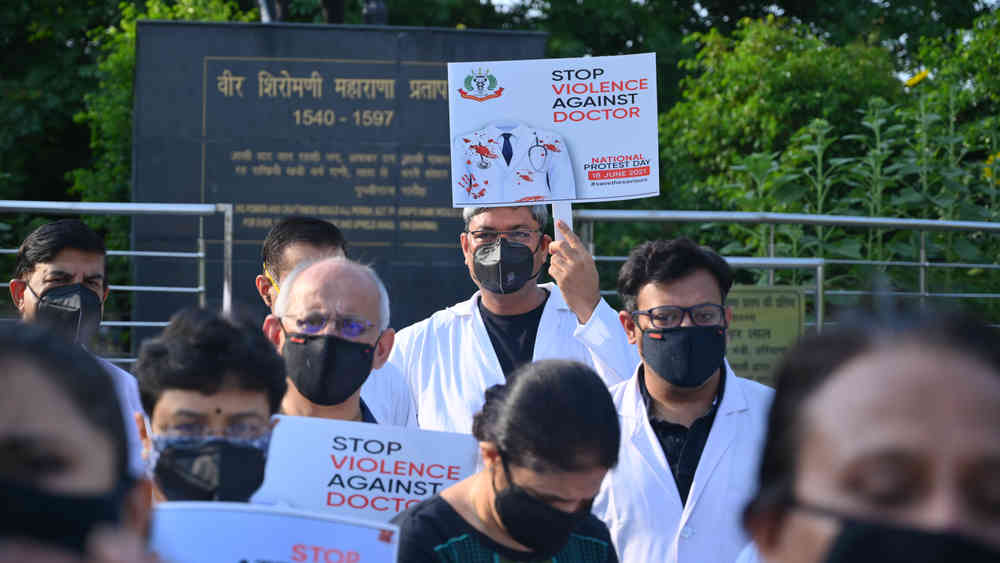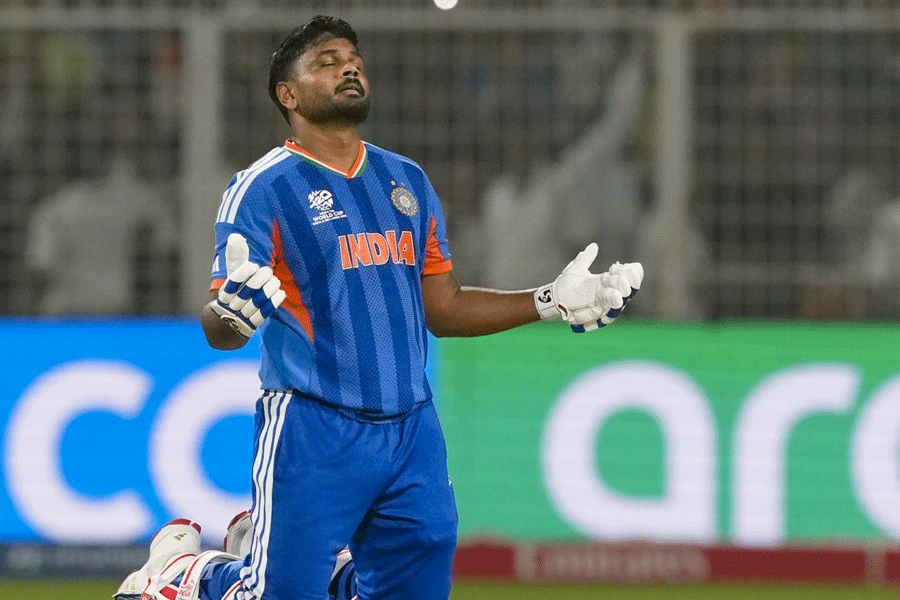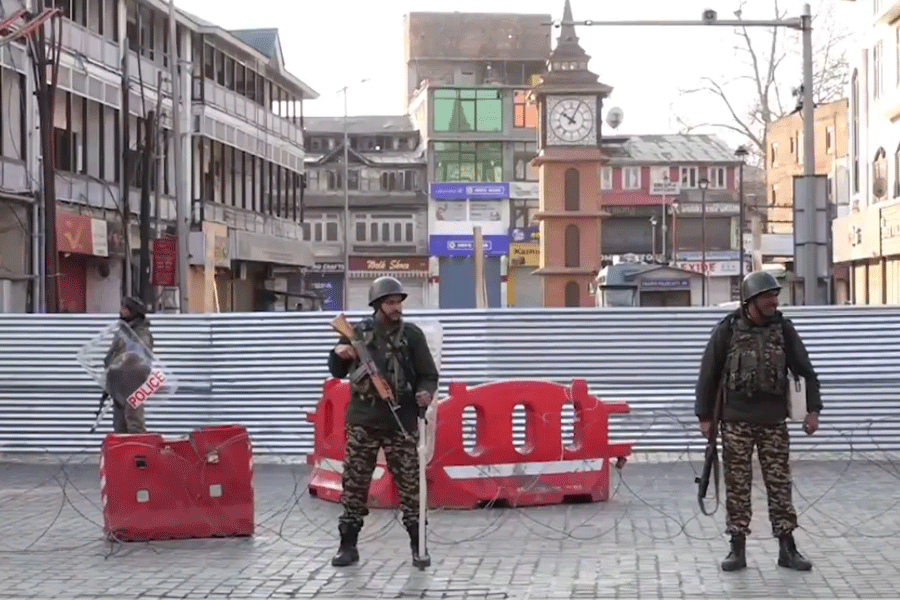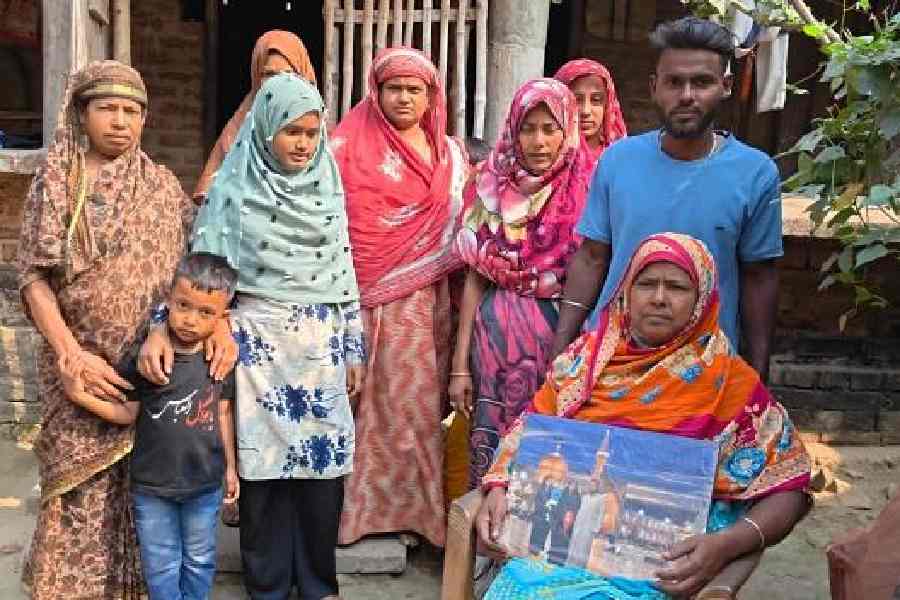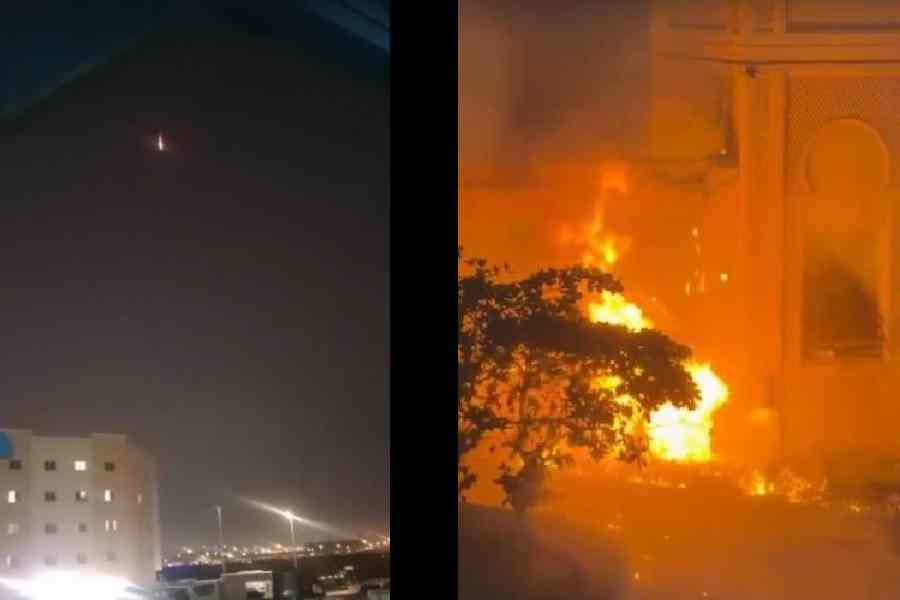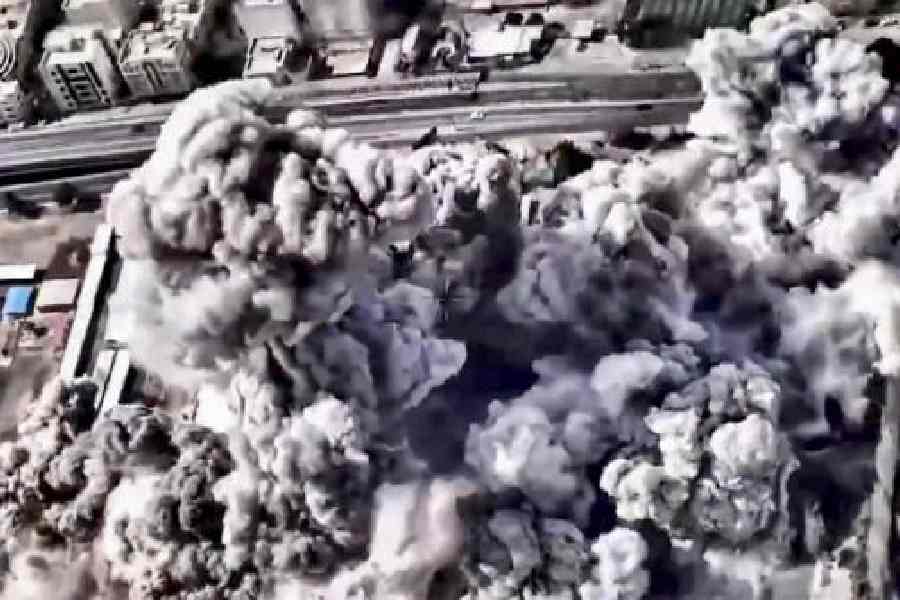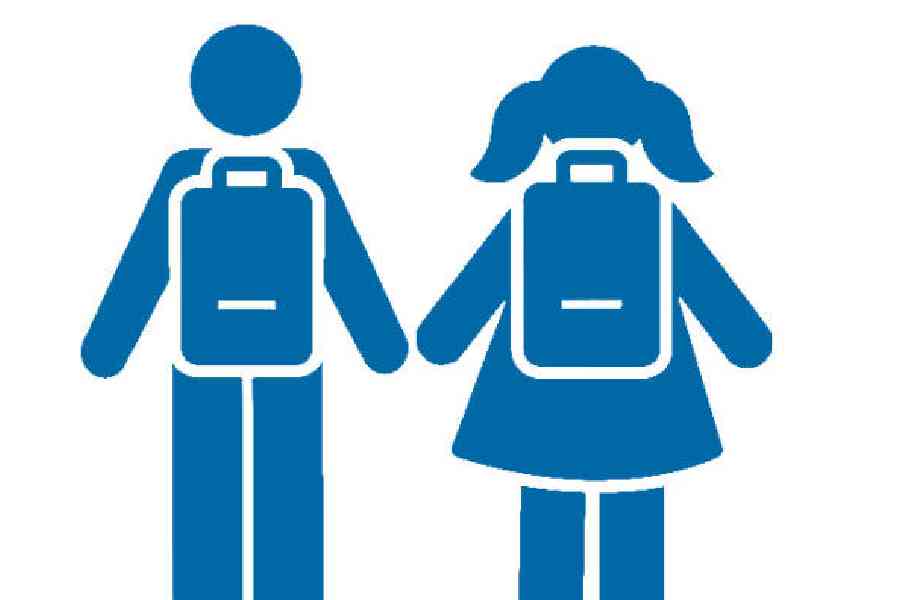The pandemic gave a special dimension to India’s National Doctors’ Day. It is celebrated every year on July 1 in memory of Bidhan Chandra Roy, the former chief minister of West Bengal and a doctor of almost mythical repute, whose contributions to medical organization and infrastructure, to education and to healing are of abiding consequence. The institutions he was instrumental in building still serve the people. The Indian Medical Association began celebrating the day in honour of doctors and healthcare workers from 1991. The bleak and frightening situation in 2020 and 2021 has sharpened people’s awareness of the dedication and sacrifices of doctors and healthcare workers. The IMA’s count of doctors who died of Covid-19 in the two years is close to 1,600; this does not take into account nurses, ambulance drivers and numerous other healthcare and peripheral staff who did not survive the pandemic. Remembering their sacrifices should also bring to mind the silent tension and sacrifice, sometimes grief, of their families.
Gratefulness and remembrance were perhaps the dominant emotions on Doctors’ Day; the prime minister celebrated the contributions of the Indian medical fraternity in his speech arranged by the IMA. But beyond celebrations, governments and the public have other obligations. The government subsidizes medical education, but the security and welfare of working doctors must be ensured too. An important issue is that of working conditions — they cannot be made scapegoats, as one doctor was made not so long ago, when the administration fails to provide what is necessary. The initial shortage of protective gear in the first wave and the shortage of oxygen in the second wave pushed medical workers to the edge. That healthcare in villages and semi-urban areas suffers from a lack of doctors is partly a reflection of poor infrastructure that can be improved in a targeted way. Perhaps the financial allocations promised by the prime minister will help in these spheres. Meanwhile, violence against doctors must stop and be stopped; administrative routes for complaint should be at the forefront for those who do not want to go to court. One day of celebration does not mean that doctors and healthcare staff can be taken for granted.

